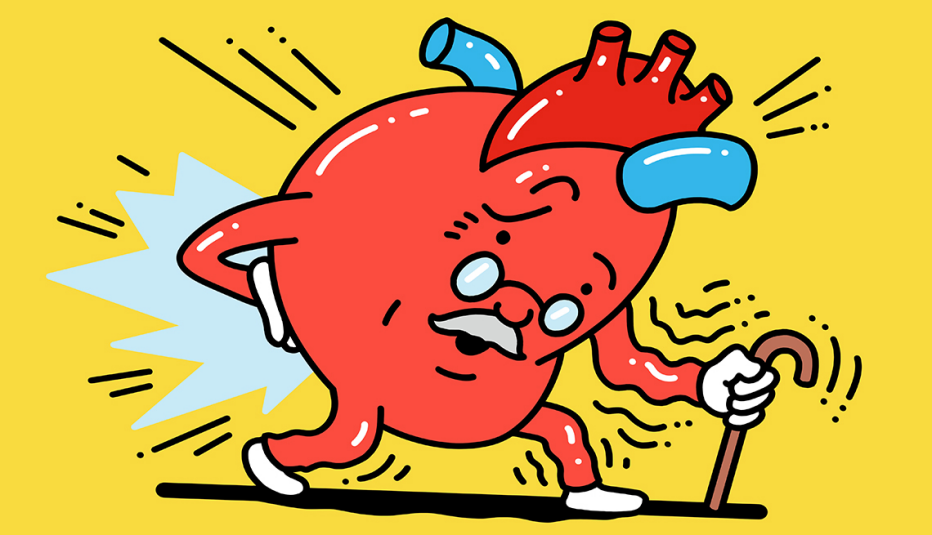Are Your Organs Aging Faster Than You Are?

If the idea of gauging your organ age seems far out, impossible or irrelevant to assess health, consider that you’re probably already doing it without knowing. Think about that last time you met someone new, took a fresh look at your partner when you awoke in the morning or caught your reflection in the mirror.
Subconsciously you probably took note of their (or your) skin — that one organ we can all see — particularly the smooth contours or lines on one’s face. To be sure, it’s no perfect measure of vitality, but as it turns out, researchers have found that the biological age of organs you can’t see — or the rate at which those organs are aging physically — could help predict a person’s health risks.
“A good example of how you measure biological age is you look at somebody’s face, and based on thousands of people you have met, you estimate how old they are,” says Tony Wyss-Coray, professor of neurology and director of the Knight Initiative for Brain Resilience at Stanford University. “We can all do that. We never learned it in school, but it’s based on experience. We look at the wrinkles, we look at the eye pouches and maybe the grain of the hair or the loss of the hair, and by taking these measurements together, we estimate this person may be 50 years old,” — or 70 or 80.
When that number is different from a person’s chronological age — how old they are based on when they were born — that’s called an age gap, Wyss-Coray says. When biological age is higher than chronological age, that can be problematic. With organs, that’s where it gets interesting, and can turn deadly.
A new way to test organ age and disease risk
In a recent groundbreaking study published in the journal Nature, Wyss-Coray and colleagues aimed to study organ aging at a molecular level and better understand how it’s linked to disease or mortality risk.
The highly sophisticated approach is similar to what we do in everyday life, when we judge someone’s age based on how they look, Wyss-Coray says. Using machine learning to analyze loads of data, researchers took blood samples from 5,676 adults and measured the levels of thousands of proteins that changed as organs age.
To find out if your internal organs are aging faster than you are, from AARP, CLICK HERE.
